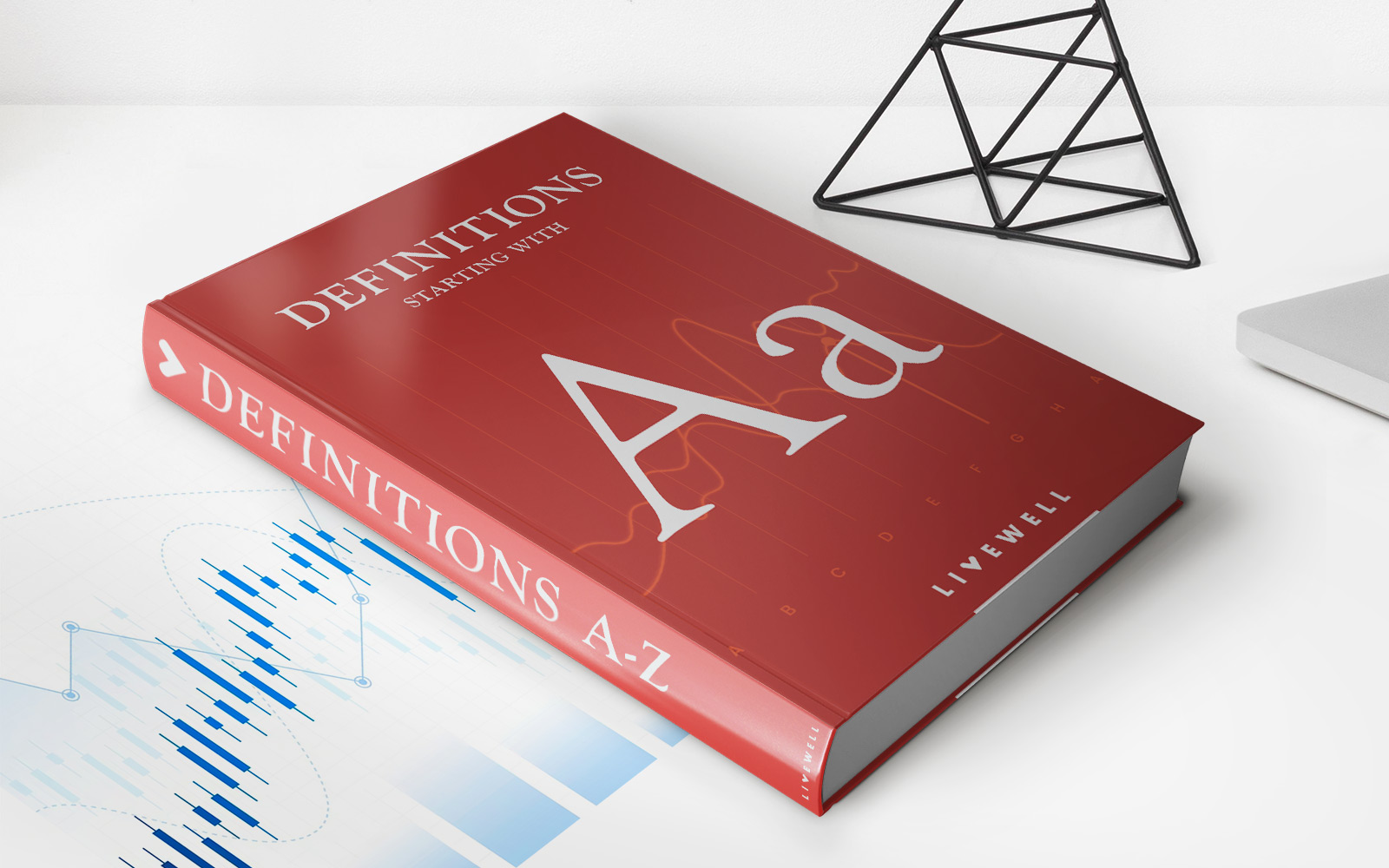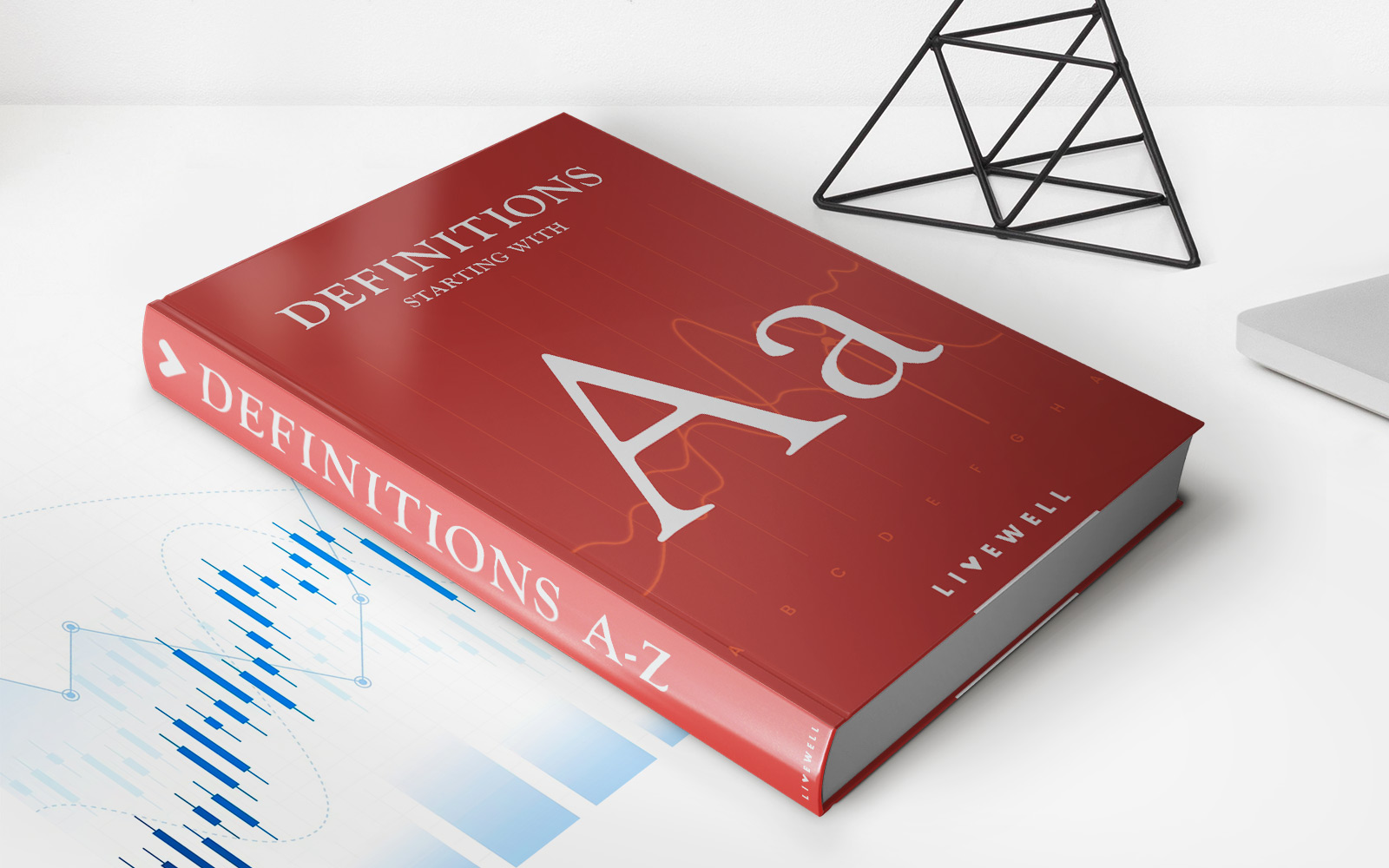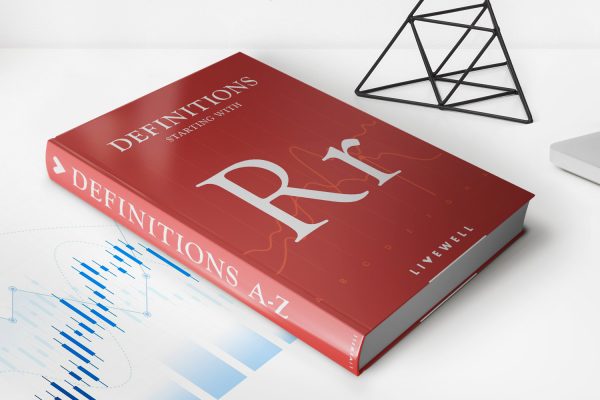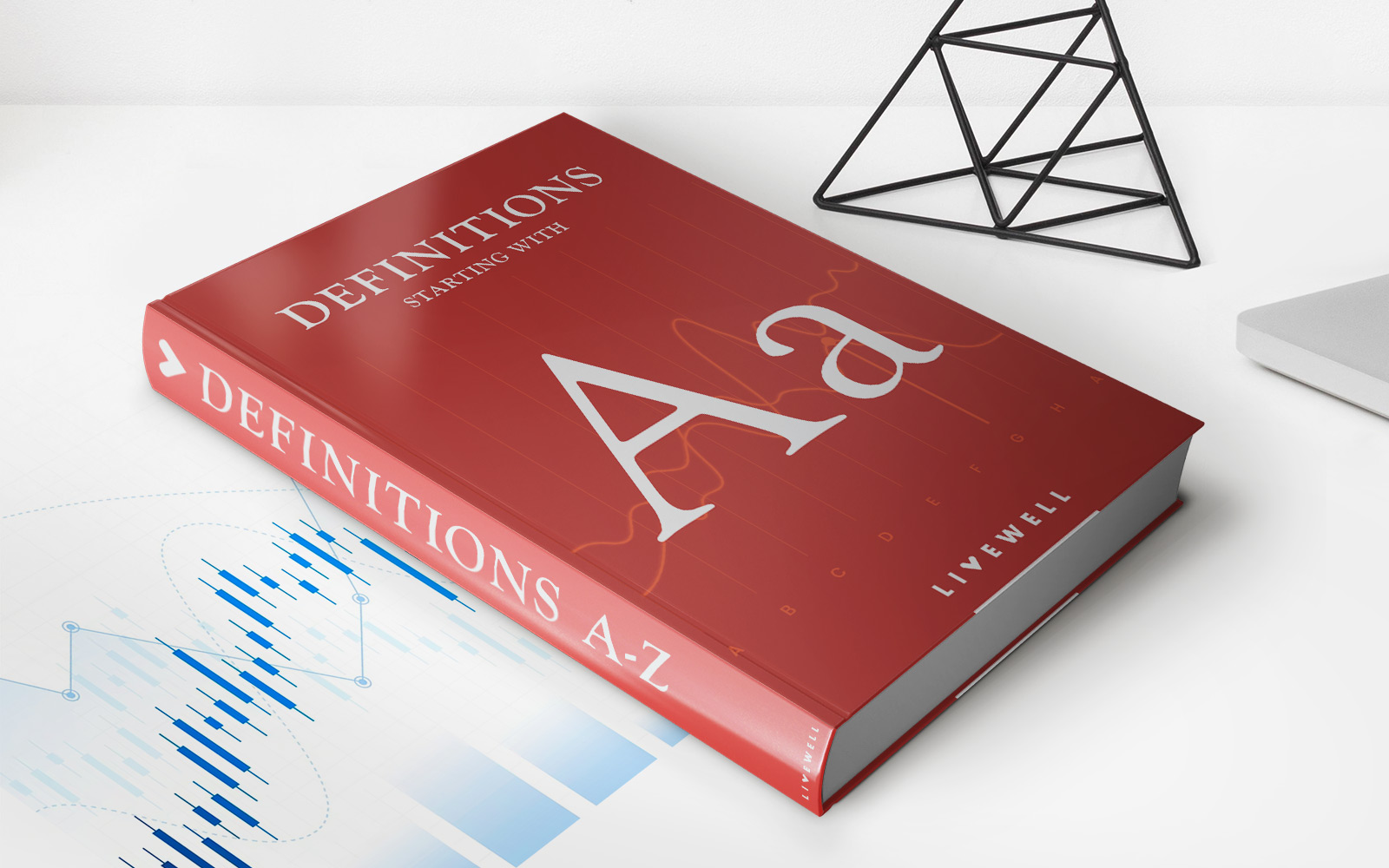

Finance
Pay Czar Clause Definition
Published: January 6, 2024
Learn the definition of the Pay Czar Clause in finance. Understand the implications and requirements of this clause in financial regulation.
(Many of the links in this article redirect to a specific reviewed product. Your purchase of these products through affiliate links helps to generate commission for LiveWell, at no extra cost. Learn more)
What is the Pay Czar Clause?
Welcome to our Finance category! In today’s blog post, we are going to dive into the world of executive compensation and explore the concept of the Pay Czar Clause. If you have ever wondered about the implications and significance of this clause in the financial industry, you’ve come to the right place.
Key Takeaways:
- The Pay Czar Clause is a provision that enables the government to regulate executive compensation in certain circumstances.
- It was introduced as a response to public backlash over excessive executive pay following the 2008 financial crisis.
Let’s start with a brief definition. The Pay Czar Clause refers to a provision that allows the government, specifically the Treasury Department, to regulate the salaries and bonuses of executives in certain companies. The clause was introduced after the 2008 financial crisis, as a response to public outrage over the perceived excessive compensation of executives in troubled financial institutions that had received government bailout funds.
During times of economic turmoil, it is not uncommon for some companies to rely on government assistance to stay afloat. This assistance often comes in the form of taxpayer-funded bailouts or other financial support. As a result, the government may seek to impose restrictions on executive compensation as a way to ensure that the funds are used responsibly and that excessive payouts are avoided.
While the Pay Czar Clause primarily applies to financial institutions, it can potentially be extended to other industries or companies that receive significant government aid. The clause grants the government the power to review and approve executive compensation packages, and in some cases, even have the authority to veto excessive payouts.
Now that we have a better understanding of what the Pay Czar Clause is, let’s take a closer look at its significance in the financial industry:
1. Restoring Public Confidence:
The Pay Czar Clause plays a critical role in restoring public confidence in the financial industry. After the 2008 crisis, there was a widespread perception that executives were being rewarded with extravagant compensation packages while taxpayers footed the bill for their mistakes. The Pay Czar Clause helps address this issue by enforcing more transparency and accountability in executive pay practices.
2. Ensuring Responsible Use of Government Funds:
By regulating executive compensation, the Pay Czar Clause aims to ensure that government funds are used responsibly and efficiently. It helps prevent misuse of taxpayer money and encourages companies to focus on stabilizing their financial situation rather than excessively rewarding executives.
In conclusion, the Pay Czar Clause is a provision that allows the government to regulate executive compensation in certain circumstances, primarily in the financial industry. Its introduction was a response to public outrage over excessive executive pay and aims to restore public confidence and ensure responsible use of government funds. By imposing restrictions on compensation packages, this clause encourages accountability and transparency in the financial sector.














